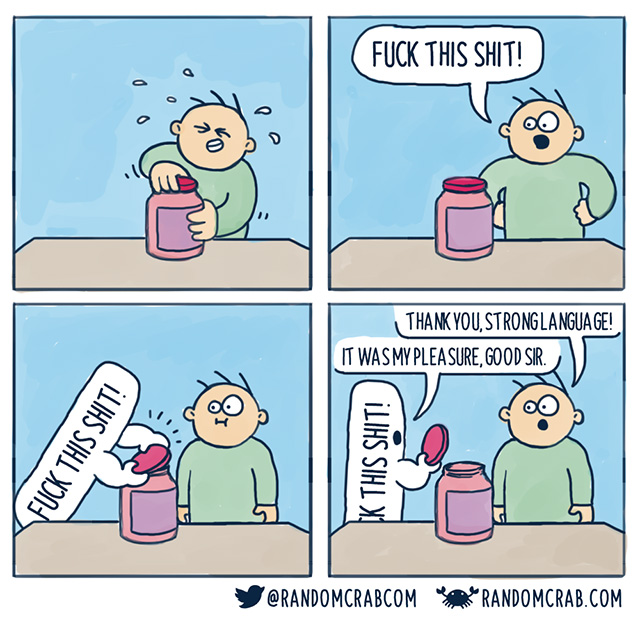At Arrant Pedantry, Jonathon Owen continues the conversation about begs the question (Skunked Terms and Scorched Earth). Citing my previous post Begging the question of whether to use "begging the question", Jonathon describes me as writing that "the term should be avoided, either because it’s likely to be misunderstood or because it will incur the wrath of sticklers." I wouldn't put it that way; I did quote Mark Liberman's statement to that effect, and I did note that I had, in an instance I was discussing, decided to follow that advice, but I don't think I went so far as to offer advice to others.
As it happens, I'm meeting Jonathon for lunch (and for the first time) later today. I'm in Utah, where the law-and-corpus-linguistics conference put on by the Brigham Young law school was held yesterday, near where Jonathon lives. So I will have it out with him over the aspersion he has cast on my descriptivist honor.
Despite my peeve about Jonathon's post, it's worth reading. He discusses the practice of declaring a word or phrase "skunked". As far as I know, that is a practice engaged in mainly by Bryan Garner, who offers this description of the phenomenon of skunking: “When a word undergoes a marked change from one use to another . . . it’s likely to be the subject of dispute. . . . A word is most hotly disputed in the middle part of this process: any use of it is likely to distract some readers. . . . The word has become 'skunked.'”
Jonathan writes, "Many people find this a useful idea, but it has always rubbed me the wrong way." He explains:
Read the rest of this entry »
